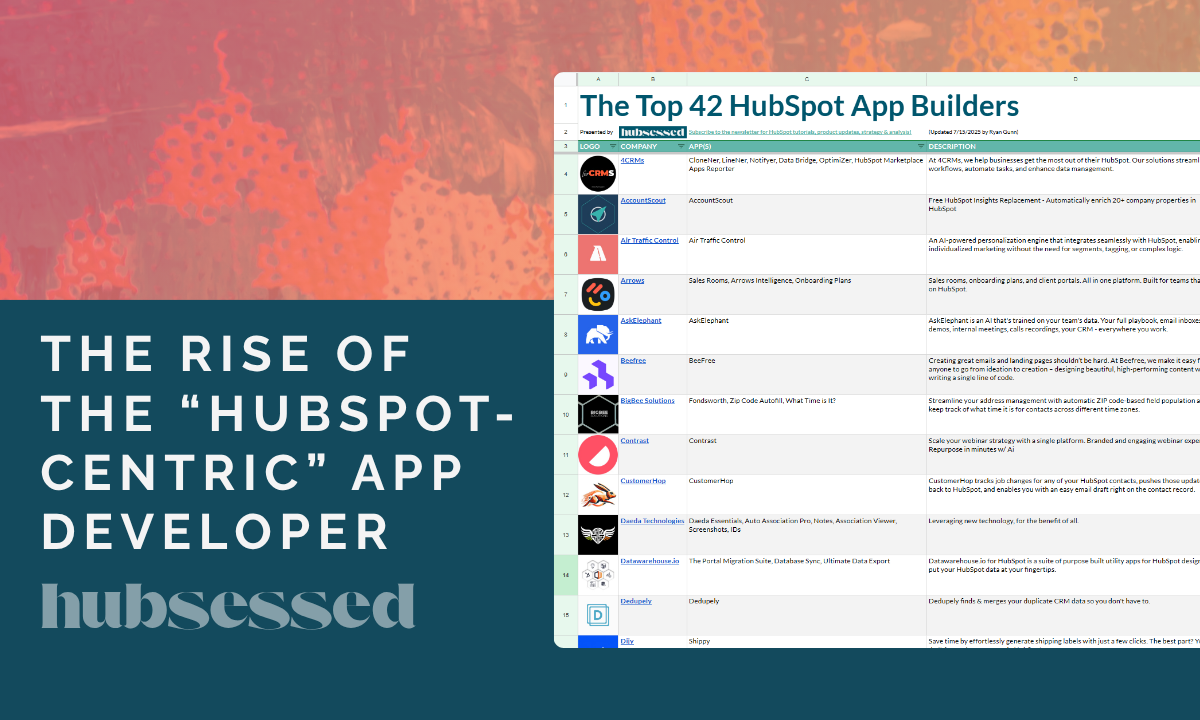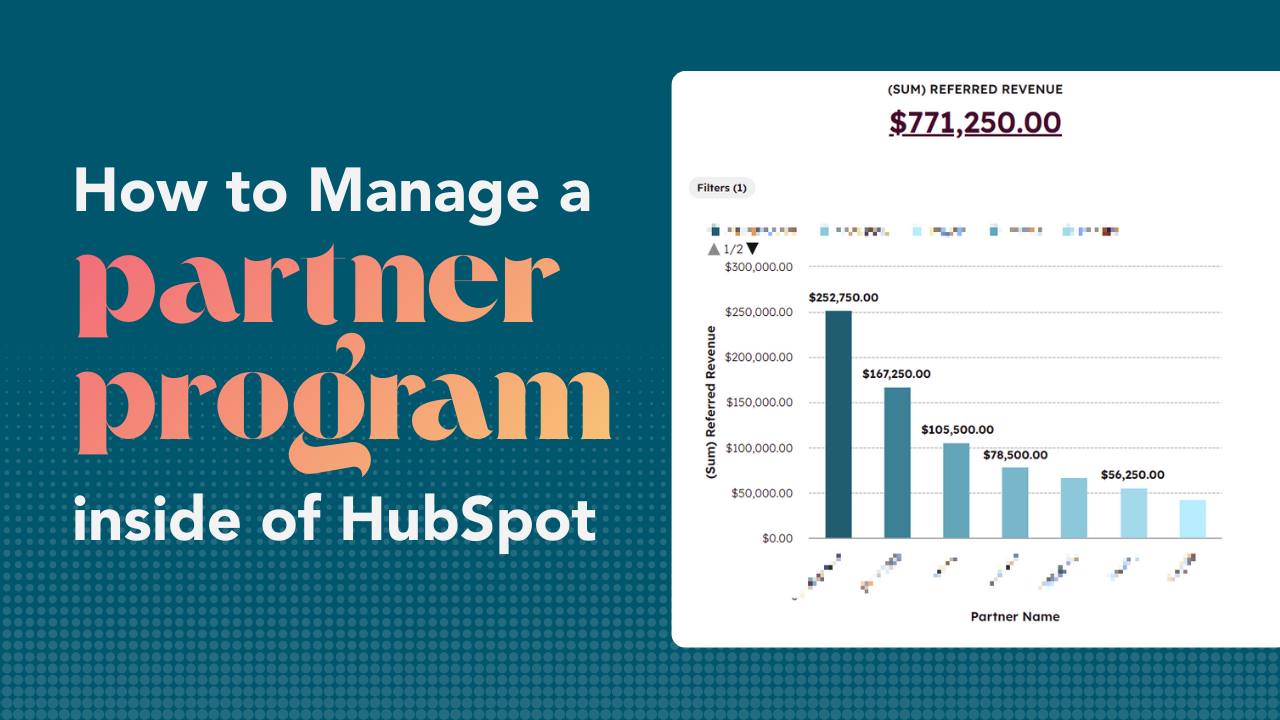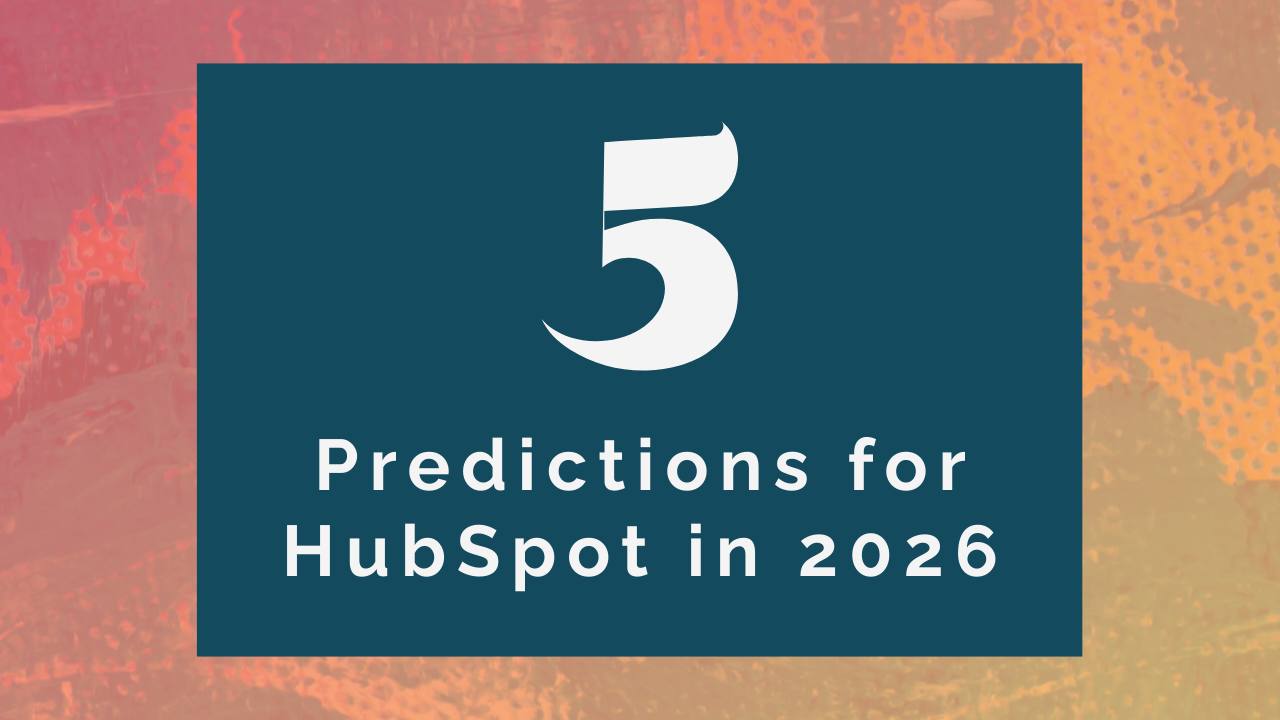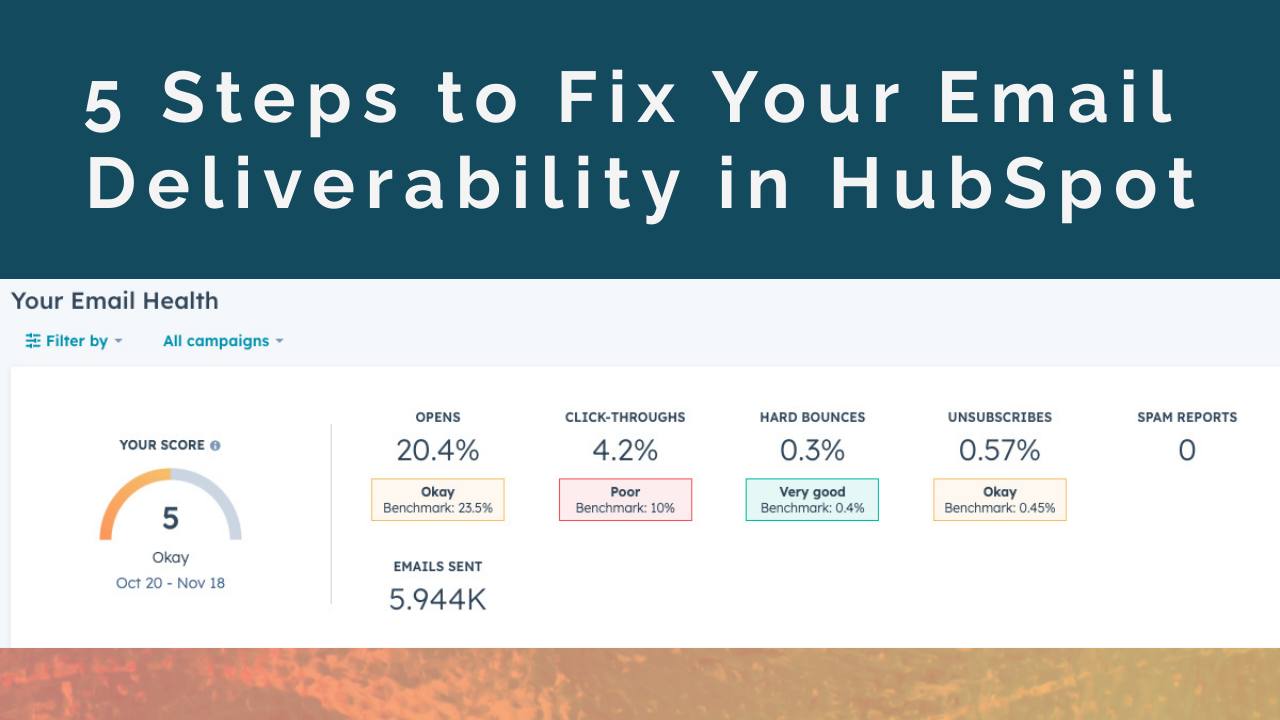The Rise of the "HubSpot-Centric" App Developer

Something pretty amazing happened a last week. I put a question out on LinkedIn asking for recommendations of companies that are developing apps specifically for HubSpot?
I expected a few good recommendations. What I got was a flood. My inbox and comments were overflowing with founders, HubSpot admins, partners, and users, all passionate about tools that aren't just compatible with HubSpot, but were born and raised with HubSpot in their DNA.
I compiled a list of the companies that were recommended into a spreadsheet, and when I posted that, I got even more recommendations! Currently the list is at 42 companies and over 100 apps. (See the full list at the bottom of this newsletter)
It got me thinking, this is a sign of a massive shift. HubSpot is no longer just a CRM or a marketing tool. It's become the central nervous system for thousands of businesses. And the boom of these HubSpot-centric app developers is incredibly important for all of us in the HubSpot ecosystem.
But what does "HubSpot-centric" actually mean, why do I have a bias toward their apps, and why should you care? Let's break it down:
For You, the HubSpot User
On a personal level, this is all about making your day-to-day work easier and more effective. When an app is built specifically for HubSpot, it means:
- A Seamless Experience: You're not jumping between two completely different-looking platforms. The user interface often feels like a natural extension of HubSpot or even exists within HubSpot's UI. Often, you're working with HubSpot's native tools like properties, object records, activities, and workflows.
- Deeper Functionality: These apps go beyond the surface-level data sync by tapping into HubSpot's core architecture. Think of a reporting app that instantly understands your custom objects or a quoting tool that pulls deal data, product line items, and contact properties together flawlessly. It just works.
- Less Friction, More Flow: You spend less time troubleshooting weird integration errors or trying to figure out why data isn't matching up. This means more time for you to focus on what you're actually trying to accomplish—whether that's closing a deal, solving a customer ticket, or launching a campaign.
For Your Company
At the company level, this focus on the HubSpot ecosystem is about maximizing investment and future-proofing your operations.






